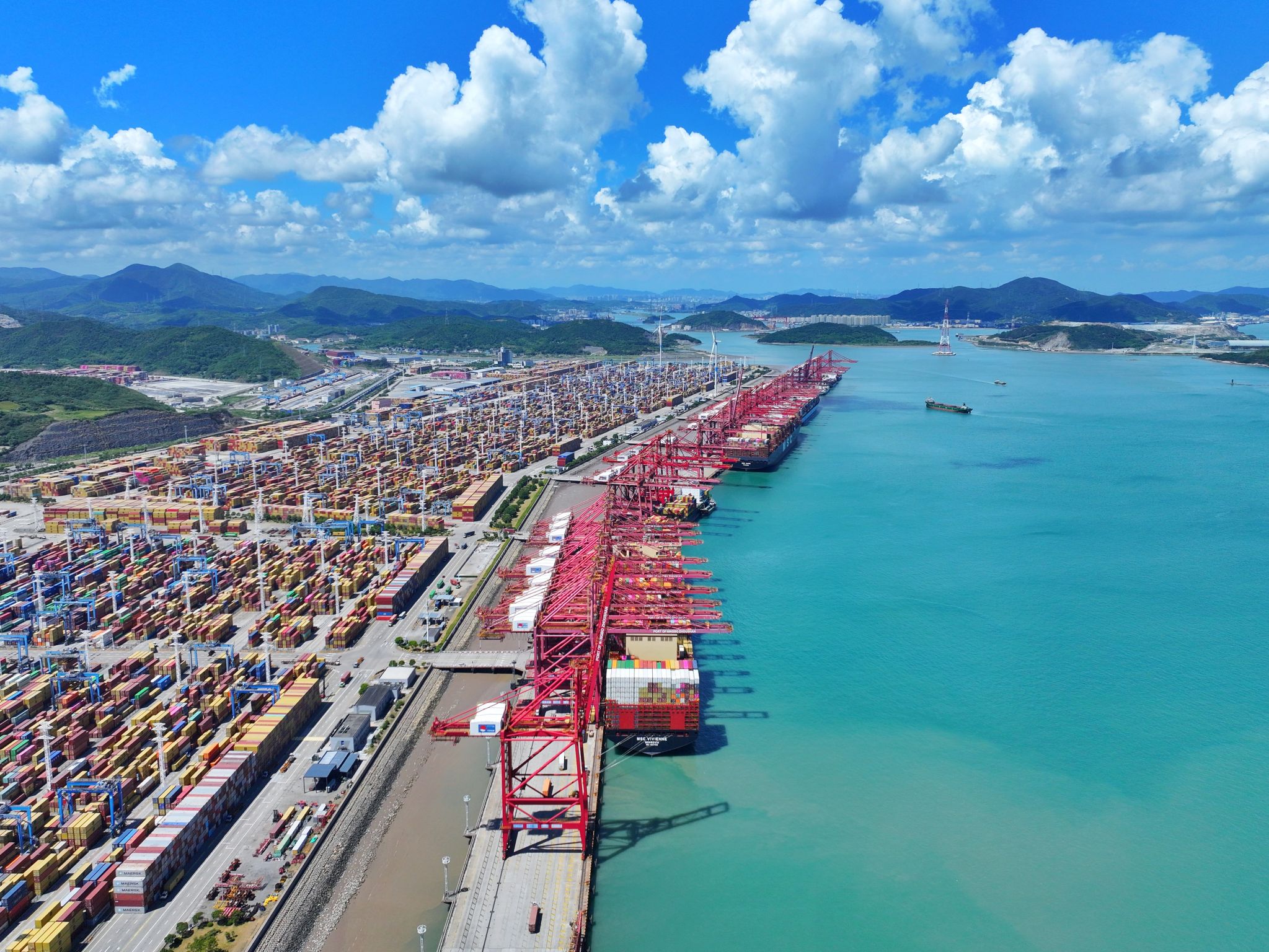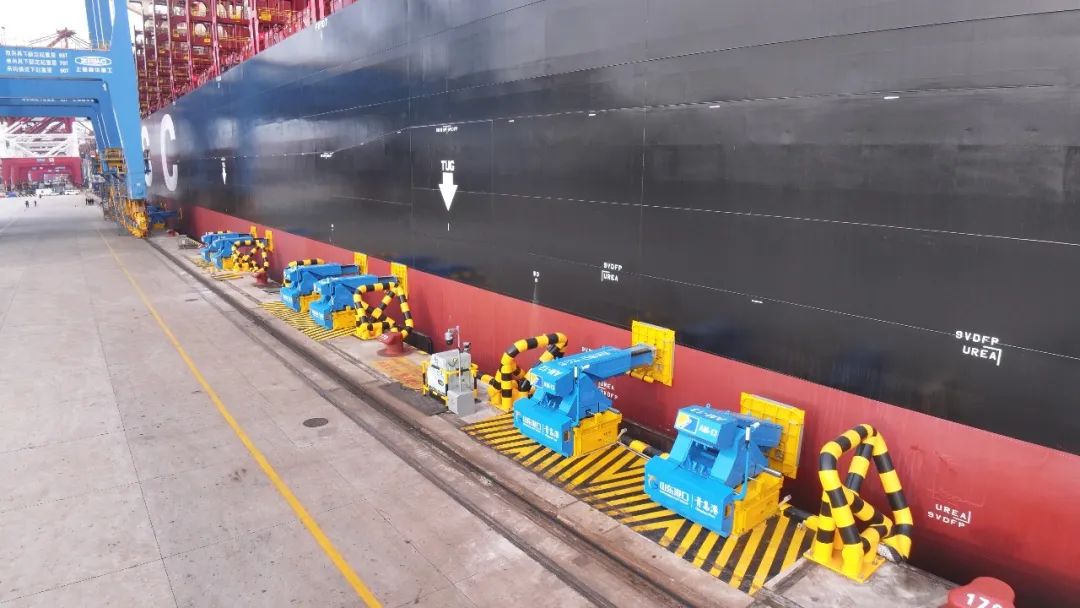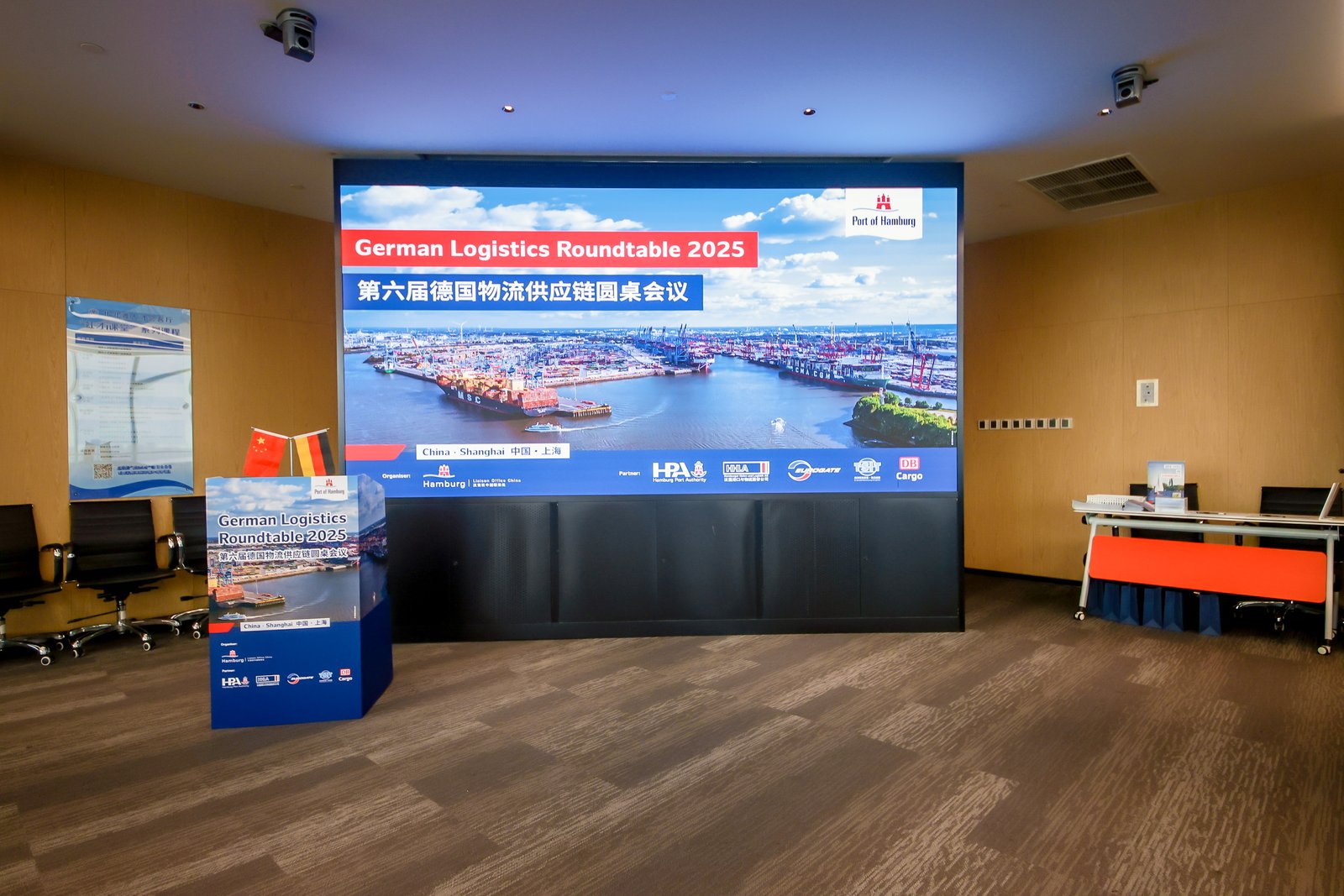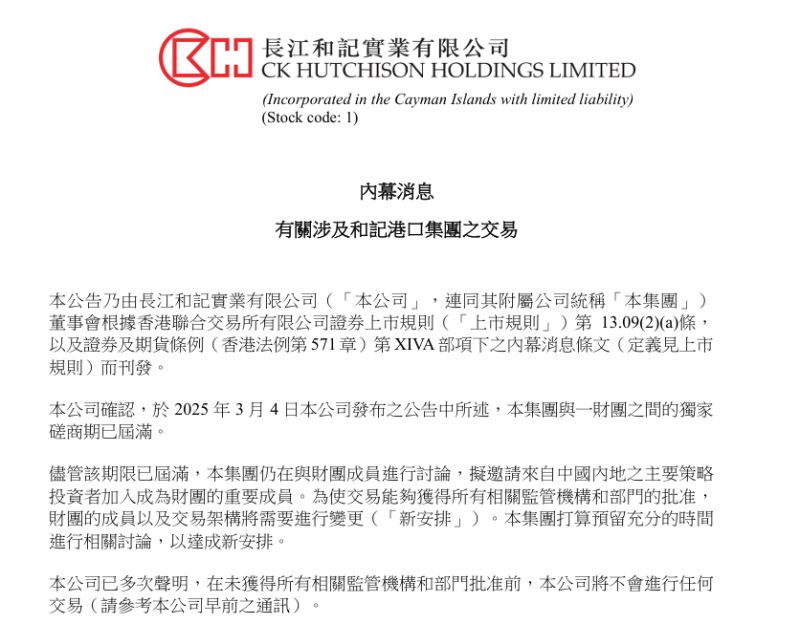
The bustling foreign trade activities in the port city of Ningbo in east China's Zhejiang Province have shown the country's steady growth in tech products export and rising demands from domestic industries.
In the first three quarters of this year, the Ningbo Meishan Bonded Free Trade Port Zone saw a skyrocketing exportation volume of new energy vehicles to clients in the Middle East, Central Asia, Eastern Europe, Africa and Latin America.
"An average of 500 new energy vehicles are exported via containers every week, mainly to the Middle East, Central Asia, Eastern Europe, Africa and Latin America. From January to September this year, we exported 10,000 complete vehicles," said Wang Jiaye, the general manager assistant of Zhejiang Zhongda Yuantong International Trade Co., Ltd.
Facing the traditional clearance and loading procedures which may cause delays in international shipment, local customs has rolled out a one-stop regulatory model, which integrates inspection and container handling process at the specially planned area, thus saving the operational costs while improving overall efficiency, said Wang.
"The clearance time has been shortened by two to three days compared to the past, and according to enterprise estimation, the cost saved per container is around 800 yuan to 1, 000 yuan (about 109 to 137 U.S. dollars)," said Zhang Fangfang, a member of the logistics monitoring first section of Meishan Customs under Ningbo Customs.
The exports of electric vehicles, lithium batteries and solar cells, known as the new "three major items" in foreign trade, have all achieved robust growth since the beginning of this year, according to port staff.
Ningbo Zhoushan Port has seen an endless stream of 400,000-ton ore ships entering the port this year, and the total iron ore handling volume within the port's operating system exceeded 100 million tons in the first three quarters.
As China's busiest port, the Ningbo Zhoushan Port undertakes 45 percent of the iron ore and over 90 percent of the oil product transit volume across the Yangtze River Economic Belt.
The economic belt covers nine provinces and two municipalities, accounting for more than 40 percent of the country's population and economic aggregate.
The continuous increase in bulk commodity importation volume also reflects rising demands of domestic industries, said an official with the Ningbo Customs.
"[In the third quarter of this year,] imports of bulk commodities including coal and iron ore from Ningbo ports all saw double-digit growth, indicating increasing demands from domestic enterprises," said Hu Junfei, the deputy director of Ningbo Customs General Office.
Source: CCTV
The opinions expressed herein are the author's and not necessarily those of The Xinde Marine News.
Please Contact Us at:





